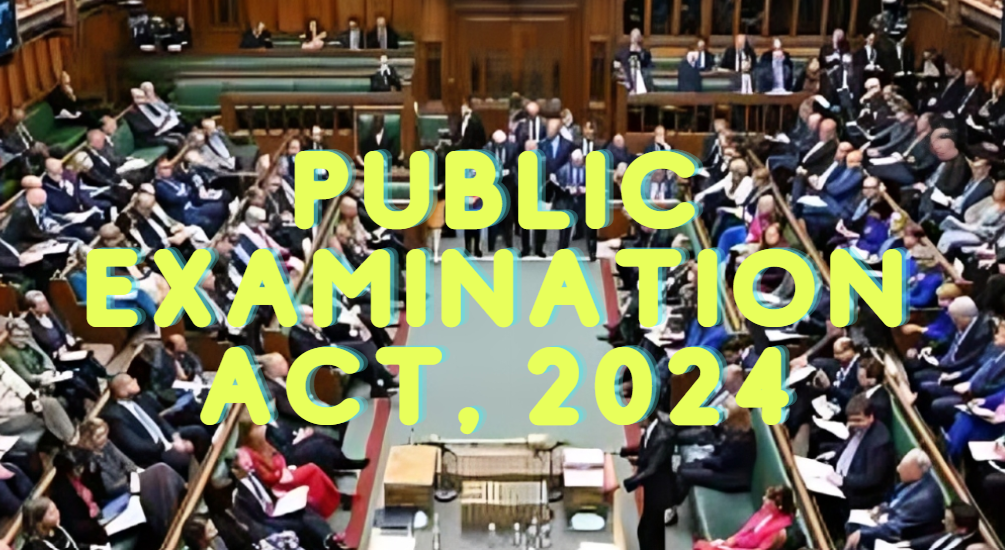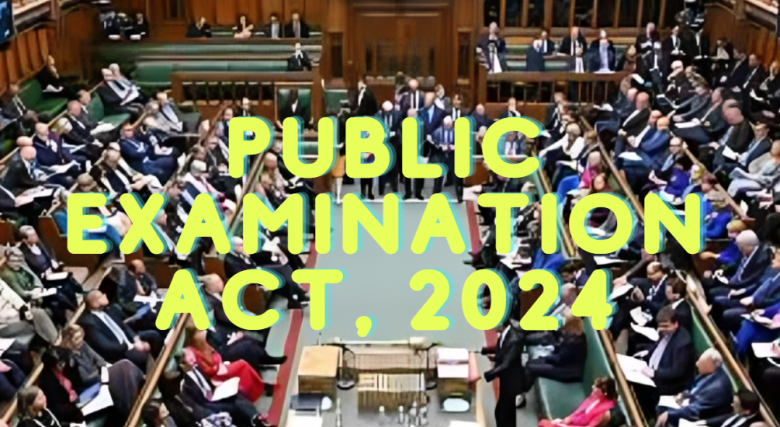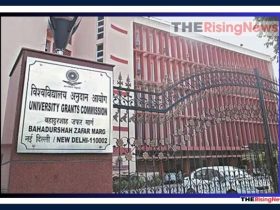The Public Examination Act, 2024 came into effect this Friday, focusing on preventing Unfair means in public examinations and common entrance tests held all over the country.

The Public Examination Act, 2024 came into effect this Friday, focusing on preventing Unfair means in public examinations and common entrance tests held all over the country. The act was enacted by looking at the huge amount of allegations on conducting body of NEET and UGC-NET examinations.
A notice was issued by the Ministry of Personnel, Public Grievances, and Pensions saying, “In exercise of the powers conferred by sub-section (2) of section 1 of the Public Examinations (Prevention of Unfair Means) Act, 2024 (1 of 2024), the central government hereby appoints the 21st day of June 2024, as the date on which the provisions of the said Act shall come into force”.
The two houses of Parliament passed the Bill in the budget session, concluded on February 10. The focus of this bill is to prevent the use of “unfair means” in public examinations and have a transparent system.
President Droupadi Murmu, on February 13, gave her response by accepting the public examination bill, 2024, which focuses on avoiding integrity issues in government exams.
The Act covers the public examination conducted by the government authorities and their offices for recruitment like, the Union Public Service, Commission Staff Selection Commission, Railway Recruitment Board, National Testing Agency, Institute of Banking Personnel Selection, and Department of the Central Government.
The Public Examination Act, 2024 rules
- Exam-related information should be confidential and not disclosed before time.
- Revoking the entry of unauthorized people.
Breaking any rule will lead to a punishable offense, which can be imprisonment between three and five years, and a fine up to Rs. 10 Lakh.
The offenses made under the Bill are cognisable, non-bailable, and non-compoundable.
For More News
IIT JAM 2024: Third Admission List Released, Confirm Seats by June 23 at jam.iitm.ac.in




